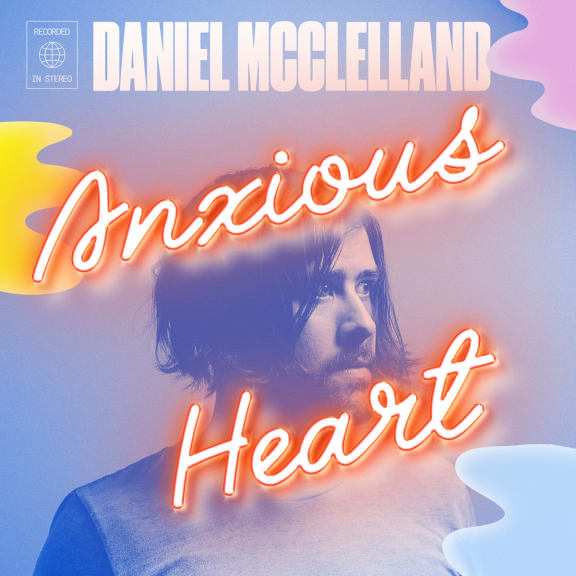Nick Bollinger considers the pop-rock aspirations of Wellington multi-instrumentalist Daniel McClelland.

Daniel McClelland Photo: supplied
Wellington musician Daniel McClelland laments the way that, over the past couple of decades, pop-rock seems to have become a frowned-upon genre. And he's set out to do something about it.

Anxious Heart Photo: supplied
On 'Canary In The Mine', the song that opens his album Anxious Heart, there's a whole lot of pop and rock mashed up together - from T Rex guitar to Beach Boys harmonies. But if those initial references come from the 60s and 70s, it's the late 80s I'm most often reminded of; a time when pop metal bands like Poison were plentiful, but also the synth-funk of producers like Jam and Lewis with their Janet Jackson hits. And there are moments when McClelland sounds like he's trying to fuse all these kinds of pop together.
Then there are bouncy piano tunes like 'You're Tongue Tied' that seem to come from the Paul McCartney school of pop, via Supertramp and 10cc. Layer Beach Boys harmonies into a tune like this one and it all comes to life.
But if McClelland strives for pure pop, it is not simple escapism. The album's title says it: these may be love songs, but they are love songs for the age of anxiety. In particular, these songs seem to revolve around the fears and apprehensions of being male in the modern age. You can hear it in McClelland's voice, which often seems to be hovering somewhere on the edge of hysteria as he anticipates all kinds of romantic misunderstandings.
Of course if he were a Brian Wilson or a Paul McCartney - or even, for that matter, Poison - he'd be putting all this together in a giant studio with dozens of musicians. In lieu of that kind of budget, McClelland has essentially done it all himself; a bedroom recording job he chipped away at during a three-year stay in New York. And there is a produced-in-the-box quality about it; drums that should sound cunningly retro are sometimes just a bit cheesy. Perhaps the anxiety in these songs is another result of recording in the pressure cooker of New York City. Ultimately, though, it all adds to the character of an album that aims to rehabilitate the genre of classic pop-rock - no small goal - and in its best moments comes close to achieving it.

